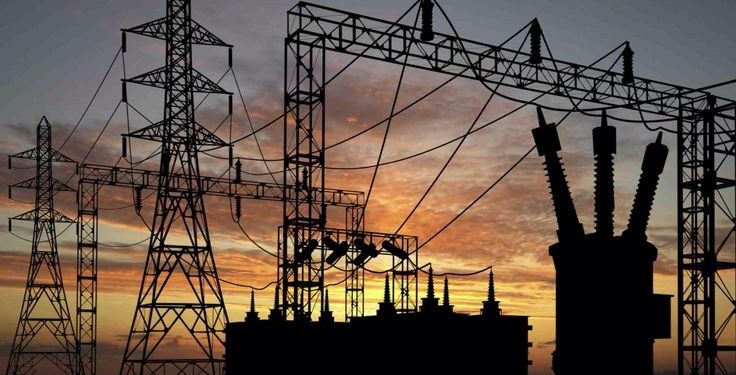Nigeria’s power sector is teetering on the brink, with projected liabilities ballooning to ₦6.2 trillion by the end of 2025. This staggering figure comprises ₦4 trillion in legacy debts and ₦2.2 trillion in fresh arrears, as tariff shortfalls and unpaid invoices continue to undermine financial stability. GenCos (generation companies) have sounded the alarm, warning that the mounting strain could precipitate a catastrophic grid collapse.
Reliability of power supply has plummeted; grid dependence now stands at just 13% as manufacturers and affluent households increasingly migrate to solar and self-generation solutions. States are ramping up renewable energy initiatives, and the Federal Government has begun transitioning its agencies off grid, a move that while forward-looking, exacerbates monthly shortfalls in the national grid system.
Industry stakeholders have emphasized that despite interventions from President Tinubu and Finance Minister Wale Edun, no coherent sustainability strategy has yet emerged. The Nigerian Electricity Regulatory Commission’s directive for Free Governor Control (FGC), designed to stabilize grid operations and support regional integration via the West African Power Pool, could tack on an additional ₦1.059 trillion in annual liabilities. GenCos, however, are resisting compliance, citing unpaid bills for capacity provision that threaten both grid and regional energy operations.
Temporary measures such as promissory notes and a ₦900 billion budget allocation fall woefully short of meeting the ₦6.2 trillion debt load. Power providers are demanding transparent and reliable payment frameworks to avert blackouts and ensure continued operations.
Elumelu Applauds Tinubu’s Commitment Amid Sector Turmoil
Business leader Tony Elumelu has expressed encouragement at President Tinubu’s heightened focus on the power sector. At a high-level meeting with GenCos held in Abuja, Elumelu, Chairman of Transcorp Group, urged the government to honour its financial obligations to electricity producers, citing delayed payments as a critical barrier to reform. He commended the President’s determination, stating: “We don’t need power to complete your transformation; we need power to enable it.”
At the same gathering, President Tinubu announced that a ₦4 trillion bond program had received tentative approval to address verified debts. The Federal Government is undertaking rigorous audit and validation processes to ensure authenticity and accountability, pledging that the bond issuance plan will reflect only validated liabilities.
Federal Government’s Options to Address the Debt Crisis
Bond issuance has been identified as an immediate lifeline. President Tinubu has already approved a ₦4 trillion bond facility targeted at GenCo debt relief. This measure is currently proceeding through validation and audit protocols to confirm legitimate obligations and ensure financial transparency.
Debt refinancing is also underway. In August 2025, Nigeria approved a refinancing strategy for ₦4 trillion worth of electricity sector liabilities. The plan, to be executed under the Debt Management Office, includes bond issuance and other financial schemes to spread the repayment burden over time.
Another major step is subsidy reduction and tariff adjustments. As part of broader reform, electricity subsidies have been slashed and tariffs increased for urban consumers. These changes are projected to save the government about ₦1.1 trillion annually, alleviating fiscal pressure while restructuring the sector’s revenue base.
Establishing transparent payment frameworks is also a top demand from GenCos. Without clear timelines or guaranteed settlement mechanisms, liquidity will remain elusive, endangering power generation and grid standards.
Finally, strengthening structural reforms is key to long-term sustainability. Expanding metering penetration, decentralizing system operations, and introducing performance-based governance across transmission and distribution chains are critical for resilience.
Summary: Federal Government’s Path Forward
| Strategy | Purpose |
|---|---|
| Bond issuance (₦4 trillion) | Immediate liquidity injection for GenCos |
| Debt refinancing & instruments | Spreads repayment burden over time |
| Subsidy reduction & tariff hikes | Eases fiscal burden and aligns revenue with costs |
| Transparent payment systems | Ensures GenCos’ survival and service reliability |
| Structural sector reforms | Builds long-term resilience in generation, transmission, metering |


















































